Transcriptions and English translations of historical texts documenting the Black lived experience in colonial Latin America.
Black Perspectives in Colonial Latin America (Primary Sources)
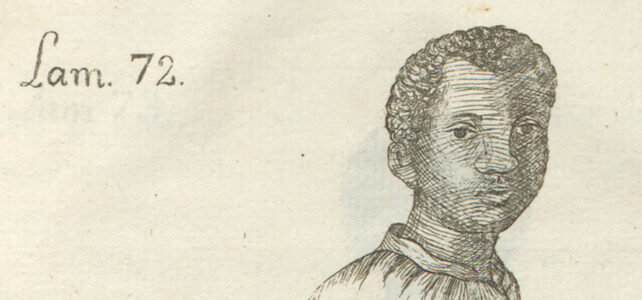


Transcriptions and English translations of historical texts documenting the Black lived experience in colonial Latin America.
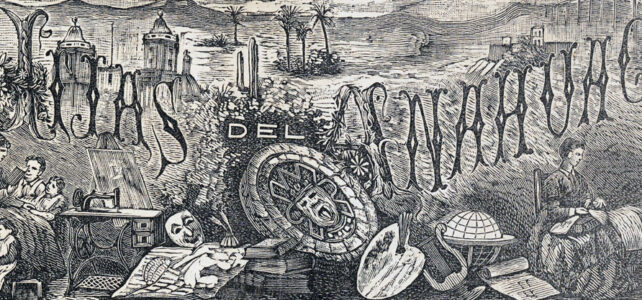
Violetas del Anáhuac was a feminist weekly that emerged during the government of Mexican President Porfirio Díaz. Supporting Positivism, the weekly advocated for the instruction of women to promote “progress” and motherhood.
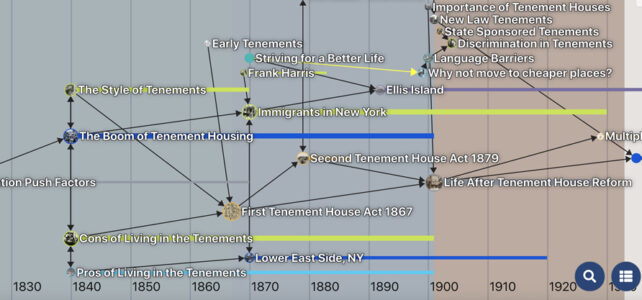
This tutorial will introduce you to an app that allows you to create fully interactive digital timelines.
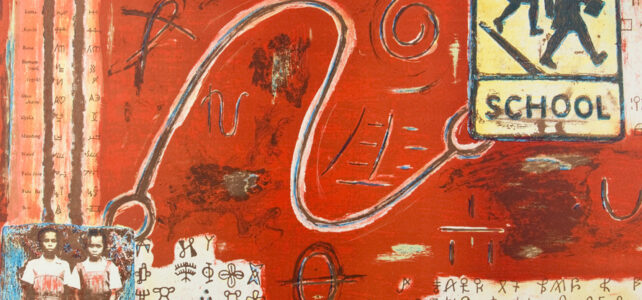
To mark the Benson’s centennial, this exhibition looks at knowledge production from different communities in the Americas. Special attention is paid to community stories, craftwork, harvest and subsistence, medicine, and flora and fauna.
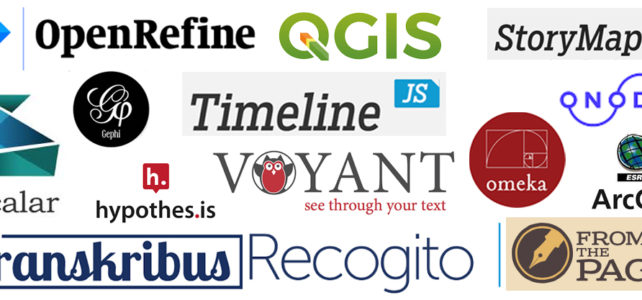
This is a list that the LLILAS Benson Digital Scholarship Office maintains of free and open-source digital scholarship tools and platforms.
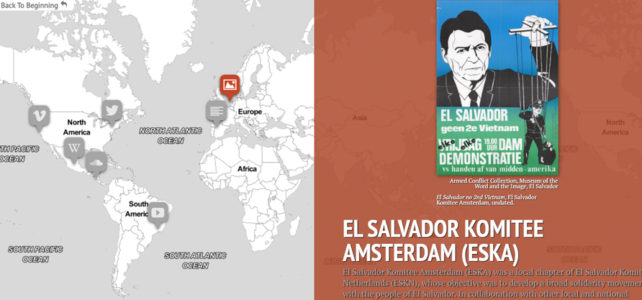
This step-by-step tutorial will show you how to create a map-based project in StoryMapJS, a free Google Drive-based tool that helps you present spatial-temporal research, using posters created by solidarity groups throughout the world advocating for human rights in El Salvador’s civil war (1980-1992). The posters are from the Armed Conflict Collection at the Museum of the Word and the Image (MUPI), San Salvador, El Salvador.
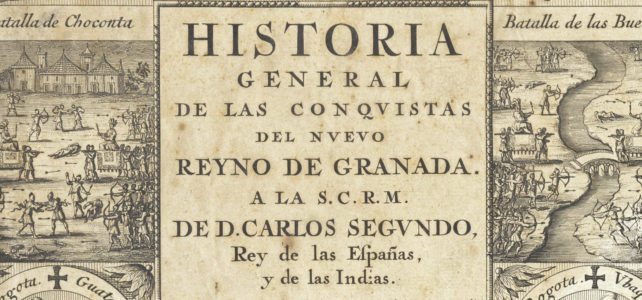
Digitized books in the Benson’s Rare Book Collection encompassing a wide variety of topics relating to Spanish and Latin America, including literature, histories, travel accounts, and secondary sources.
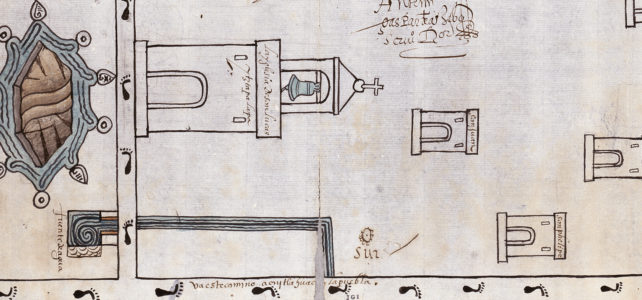
Original manuscripts and maps created in response to the first survey of New Spain mandated by King Philip II. They include historical, cultural, and geographical information about the region in the 16th century.
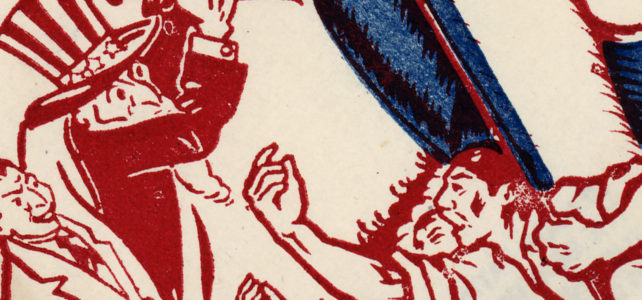
Ephemeral publications collected by Guatemalan bibliophile Arturo Taracena Flores. Most of the publications are “street literature” intended to be read or distributed widely and/or posted in public places, representing a broad range of organizations and interest groups.
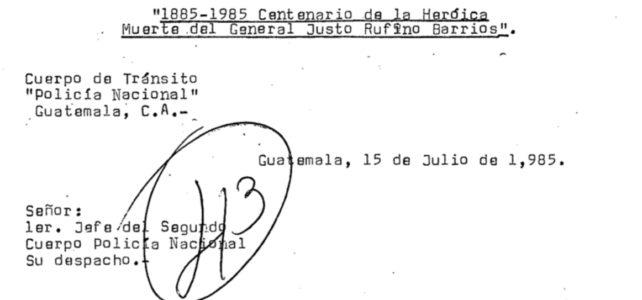
This digital collection contains documentation for the study of Guatemalan history and human rights in the region.